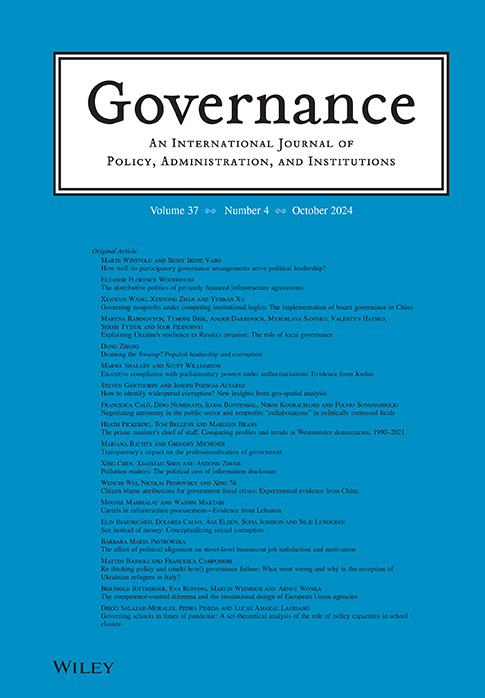In recent years, global collective action problems such as climate change and sustainable development have become increasingly acute. Traditional command-and-control and market-based policy instruments are constrained by problems of poor design, weak implementation or decision-making hierarchy, making it difficult to respond effectively to entirely new governance challenges. As a result, academics and policymakers are gradually focusing on the guidance of behavior by social norms. Benefiting from experimental methods, the role of norms in changing individual behavior has been studied in some depth, however, for organizations such as firms pursuing efficiency, there is still a lack of systematic understanding of whether, how, and under what conditions norms-based policy tools can work in institutionalized governance.
In this regard, Zhu Junming, Associate Professor and Associate Dean of School of Public Policy and Management (SPPM), and Vice Director of TUSDG, Tsinghua University along with Ge Zhangming, a PhD graduate of SPPM, and Du Zhen, a bachlor-straight-to-doctorate student and part-time Master's student, have published an article in the renowned journal of public management, Governance, which examines how norms-based policy instruments can achieve institutionalized governance of organizations. The paper constructs a theoretical framework of how norms-based interventions work in institutionalized governance, and empirically tests the impact of this tool on corporate sustainable behavior in the context of China's active advocacy of cleaner production.
Research Description
The paper proposes that norm-based interventions act as institutional signals that can promote organizations' beneficial public interest behaviors; norm-based interventions lead to the diffusion of normative information across organizations, a diffusion process that relies on inter-organizational information networks and is influenced by the process by which individual organizations internalize norms; and organizational responses to norm-based interventions are influenced by the degree to which the organization embraces the norms, which, in the context of institutionalized governance is reflected in the fact that the less regulated an organization is, the more likely it is to be guided by normative information; and in terms of the interaction between social norms and innovation, organizations affected by normative interventions respond primarily by adjusting their own behaviors in order to comply with the norms, rather than by innovating.
Subsequently, the paper empirically examines the impact of cleaner production standards, a norm-based policy tool, on corporate water recycling behavior. In the 1980s and 1990s, the United Nations actively advocated the concept of cleaner production, and in 1992, cleaner production was included in Agenda 21, which gradually developed into a globally disseminated norm. In the 1990s, cleaner production norms were introduced into China, and in the early 21st century, the National Development and Reform Commission (NDRC),People´s Republic of China, and the Ministry of Environment issued a series of non-compulsory cleaner production standards, institutionalized them, and constructed norms-based policy tools that provide guidelines for sustainable corporate behavior.
The study found that the cleaner production standards significantly increased firms' recycled water use rates, especially when engaged by industry associations and with greater cultural tightness, reflecting the network diffusion and regional internalization characteristics of the norms; in the absence of other regulatory measures, the standards were more effective in guiding firms to increase usage of recycled water, suggesting that the norms complemented the characteristics of traditional policy regulation; and the firms responded to the standards primarily with management certification rather than increased innovation, characterizing normative response.
The paper enriches the theoretical framework of norms-based institutionalized governance and fills the gap in the existing literature on the effectiveness and mechanisms of normative tools for organizational governance. The findings provide new perspectives for policy makers, suggesting that norms-based policies can serve as an important complement to traditional regulatory measures in the formulation and implementation of environmental governance policies, effectively guiding organizational behaviors to achieve the public interest. In addition, this paper provides lessons for other developing countries and regions, demonstrating how non-regulatory means can contribute to the realization of the Sustainable Development Goals (SDGs).
Paper Reference
Zhu, J., Du, Z., & Ge, Z*. (2024). Institutionalized governance on organizations via norm-based policy instrument: Evidence from cleaner production in China. Governance, 1-27.
https://doi.org/10.1111/gove.12881


